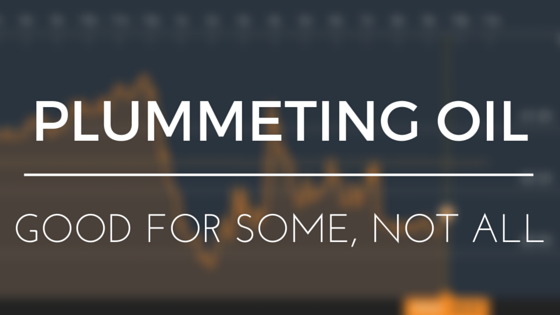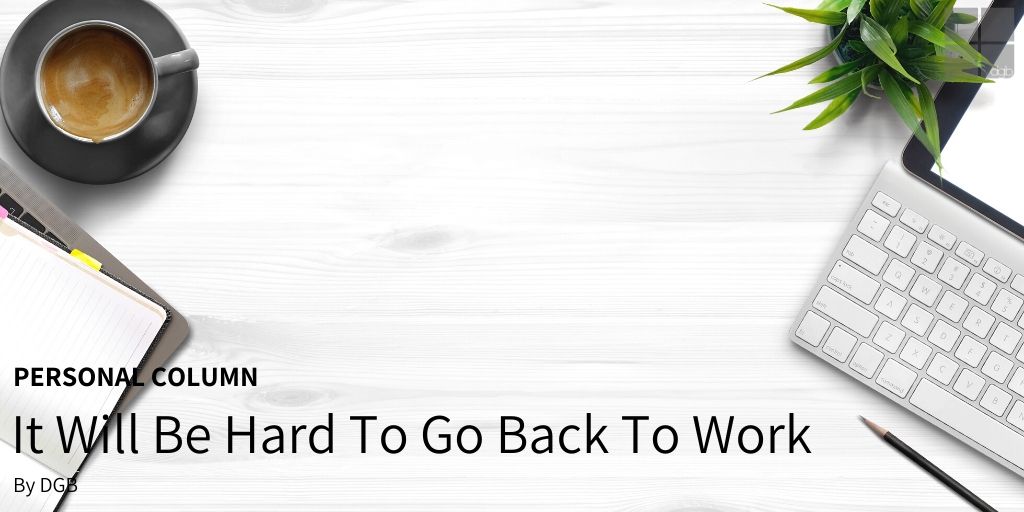The commodity route has continued in recent days, with iron ore prices at decade lows. Mining shares are crashing, with Anglo American shedding a staggering 85,000 jobs overs the next two years. Oil has also been on the slide in recent days, hitting 7 year lows on both sides of the pond. West Texas Crude hit $37 per barrel on Monday, whilst Brent Crude in London dipped below $40 per barrel for the first time in a very long time.
These prices are great for consumers and the economy in certain ares. Anyone who has to fill up a vehicle will know that the price of petrol and diesel has dropped dramatically over the past year. The price of goods in supermarkets are as low as they have been in years. Inflation has been hovering on or just below 0% for the past few months. Sounds good doesn’t it? Well, for every coin there are two sides, and the opposite side to this one is job losses, crashing share prices and wide economic pain.
Anglo American
Away from the biggest story about the drop about oil’s new lows, the story that really explains the rout in commodities in numbers is the crisis at mining giant Anglo American. They announced today that they are to shed a staggering 85,000 of it’s total of 135,000 workforce as part of a major restructuring. It’s share price has also tumbled an eye watering 69% this year. An indication of how weak the commodity market is right now. They are selling mines, assets and everything else they can to steady the ship. Unfortunately, they’re not the only mining company suffering like this.
Why do commodities matter?
Commodities matter because they are a key indicator as to the state of national and the global economy. Commodities like oil, iron ore, aluminium etc do well when economies are growing. It means they’re buying things, producing things, building things within a strong construction sector.
However, big commodity buyers, like China, like the EU, like the emerging markets, aren’t doing that well. It’s well known China is slowing down quickly, probably quicker than their “official” figures admit. The EU is stuck bumping along the bottom not really going anywhere. And emerging markets around the world, in Africa, Asia and South America are slowing down at an alarming rate. When these areas of the world slow down on the economic front, demand for oil, steel, aluminium and other commodities drop.
The rapid drop in commodity prices, along with the companies that get it out of the ground gives you some indication as to the state of some of the biggest economies in the world right now. Strong commodities generally equal strong economy. Weak commodities generally mean weak economy. If you listen to the IMF, EU and other major fiscal bodies in the world, they are starting to sound the alarm bells.
What about the UK?
Whilst we might all be loving the low fuel prices right now, it’s worth remembering that there is a big industry that revolves around fuel and oil.
The UK oil industry has lost thousands upon thousands of jobs in the past year, be it on rigs, in consultancy and everything else in between. With oil prices at $40 per barrel, no one is making money, hence the massive profit drops announced from some of our biggest oil companies.
As a country, we can’t really afford for oil prices to remain this low for a long time. Investment from oil companies is already at a complete standstill. Our economy can’t afford to lose more jobs from any company involved with the production in any raw materials. You only need to look at the dire state of UK steel.
And in a global economy, we’re not immune, and we’re already feeling the effects. Steel jobs are being shed at an alarming rate. GDP is being constantly revised down both by Government and independent fiscal bodies. Retail sales dipped in November compared to the year previous, despite Black Friday. Wage growth is stagnant. Inflation remains dead flat. House prices threaten to slow. Home building remains frustratingly slow. The UK national debt has never been as high as it is right now.
Let me be clear, our economy isn’t in rude health, regardless of the chirping from the Chancellor. So, whilst the world of commodities, shares and GDP figures might look a big fat web of numbers and arrows, it is worth keeping an eye on them. They can indicate fortunes of one type or another, before they filter down to street level.





